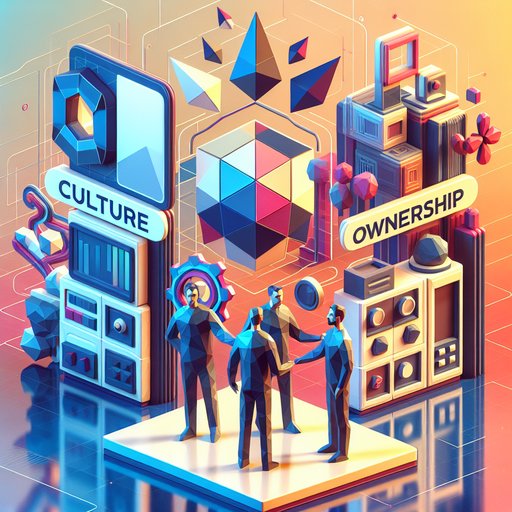
The arrival of Samsung’s One UI 8 beta on Galaxy S25 phones has rekindled an age-old debate, but not in the way you might expect from a tech release. The interface's new features are designed to enhance user experience and personalization. However, beneath the surface lies an opportunity to reflect on broader issues of ownership in the digital age—parallels that echo the current debates in cultural circles over who owns art and who should benefit from it. Can a software update truly reflect the ethos of equitable cultural sharing, or is it merely a veneer for corporate gain?
Samsung, a titan in the tech industry, has often been at the forefront of innovations that challenge user perceptions. The One UI 8 beta promises to amplify this tradition by offering a more intuitive interface that seemingly puts user needs first. Yet, as we peel back the layers, we are reminded of how tech giants often act as cultural gatekeepers, much like museums have historically done with artifacts from around the world. The question of who benefits from innovation is as pertinent in tech as it is in cultural heritage.
Historically, museums have been repositories of cultural artifacts, often acquired through means that are today questioned for their ethical implications. Samsung's initiative with One UI 8 highlights a similar narrative in the digital realm—where ownership and accessibility of software features become a point of contention. Just as museums are being challenged to repatriate artifacts, tech companies are being urged to consider who has access to their innovations and at what cost. The parallel does not end there.
Consider Taylor Swift's recent acquisition of her music catalog, a move that asserts her control over her creative work after years of disputes over ownership rights [1]. This act of reclaiming ownership is akin to the repatriation efforts seen in global museums, where cultural artifacts are returned to their countries of origin as a form of restorative justice. Samsung's One UI 8 could be seen as a step toward user empowerment, yet it also raises questions about how much control users truly have over their devices. The act of repatriating art is not merely about returning physical objects; it is about restoring agency and narrative to those from whom it was taken.
Similarly, the One UI 8's customizable features seek to give users more control over their digital environments. However, these features could be viewed less as a gift and more as a transactional relationship where user data becomes the currency. Just as museums have been criticized for delaying or diluting repatriation efforts to maintain their own relevance, tech firms must be vigilant not to use customization as a facade for data extraction. It's important to note that the responsibility for ethical stewardship is not solely on institutions or companies; it involves a reciprocal relationship with the public.
As consumers, we must demand transparency and equitable practices, just as communities impacted by cultural appropriation call for acknowledgment and reparative actions. Samsung’s One UI 8 can serve as a model for user-centered design, but it must also ensure that this empowerment is genuine and not just a method to retain market dominance. Cultural ownership and digital rights intersect in ways that highlight the complexities of both spheres. Just as the Boulder Jewish Festival moves forward with heightened security after recent attacks [2], acknowledging the necessity of protecting cultural expressions, tech companies must also recognize and defend the digital rights of their users.
Looking to the future, genuine creativity and equitable practices can reshape the digital landscape much like they can transform the art world. As the next generation of users and creators, we have the opportunity to advocate for systems where both cultural and digital ownership are respected and shared equitably. Samsung's One UI 8, in its effort to create a more personalized user experience, can lead the way by championing transparency and ethical practices. By aligning intention with action, tech companies can foster a more inclusive and just digital future, where ownership is not just a privilege of the few but a right for all.
Sources
- Taylor Swift now owns all of her music (The Verge, 2025-05-30T17:03:03Z)
- Boulder Jewish Festival moves forward with heightened security after attack (NPR, 2025-06-08T08:47:54Z)












































